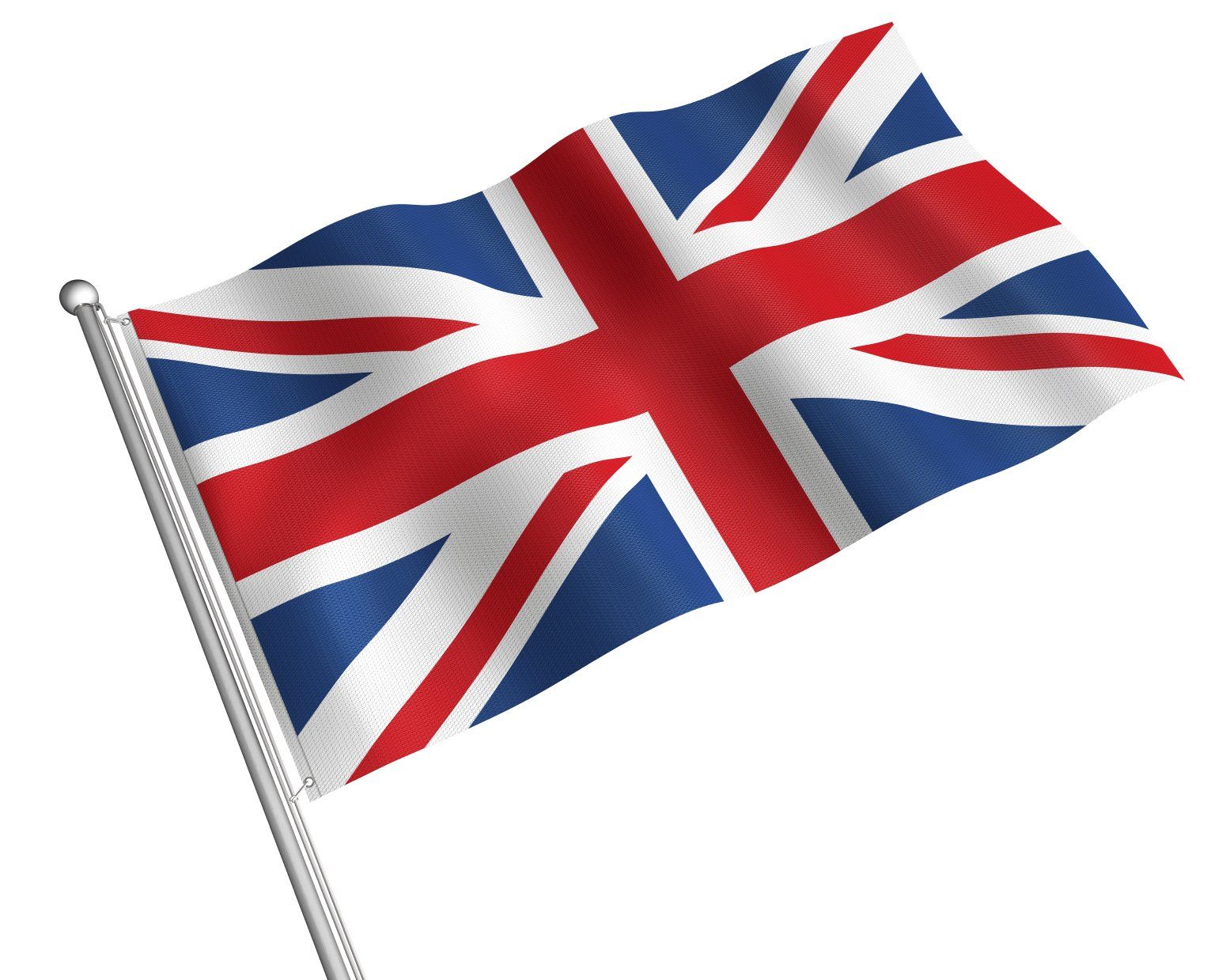The British Pole Sport Federation was launched in 2018 by founding members Aimee Lawson, Kathy Buller, Irenna Wildridge and Ray Blythe. All of whom have worked tirelessly for many years in various different Pole Sport roles both in the UK and Internationally. The former Federation Pole Sports UK was disbanded in 2018 and so the original committee came 'out of retirement' and came back together to launch the BPSF.
The concept of Pole as a sport dates back to 2006, after pole became a popular fitness form in 2000 and pole competitions started gaining popularity. Competitions had little or no scoring or judging criteria, no way of consistently awarding points to those athlete that were technically and artistically superior. Rules consisted of very little in the way of guidance on what the judges were and were not looking for.
In 2006, a survey was carried out by Katie Coates to see how the pole community felt about Pole Sports becoming an Olympic Sport; over 10,000 voted in favour.
In 2008, Tim Trautman of the USA began working with Katie on the International Pole Sports Federation, and the term 'Pole Sports' was created. This transformed Pole forever. From a physical activity performed socially and for fitness, into to an international sport and competition.
Soon, National Federations began forming and competitive teams were organised. The 1st World Pole Sports Championships took place in 2012 with just 43 athletes from 14 countries; only 5 of those competitors were men.
By mid-2011, an estimated 95 percent of all Pole Sports Athletes were girls and women; as a consequence the feedback from the IOC has been to improve the balance in genders, which the IPSF have pushed to do. In 2017, male junior and novice categories were opened for the first time, which helped to increase male participation by more than 70%.
2013 saw the launch of the Youth category with just 7 athletes. A short 5 years later, in 2017, there was an increase of over 80% in participation in the youth category; in total, 229 athletes from 36 countries competed on the World Pole Sports stage.
In 2014 the IPSF contacted GAISF regarding the application process, and the road to recognition began. The IPSF began aligning itself to the GAISF and IOC criteria, expanding national federations to 25 with a further 12 in the application process. Currently in 2022 over 40 National Federation are active around the world with more and more beginning the application process.
Development of the sport over the years:
• 2009 - Formation of the IPSF
• 2012 - First World Championships
• 2013 – Introduction of a youth programme
• 2014 – First contact with SportAccord (now GAISF)
• 2014 – Anti-Doping programme introduced
• 2015 – First application to SportAccord (now GAISF)
• 2016 – Approved as a WADA signatory
• 2016 – Applied to the IOC for membership
• 2017 – Signed a trilateral agreement with the FIG and GAISF to allow the IPSF membership of GAISF
• 2017 – Observer Status granted by GAISF
In 2018 the new Aerial Sports division was added and we are delighted to have two UK Athletes qualified for the World Championships in Canada in 2019.
With the Covid19 Pandemic closing the competitive season in 2020, the IPSF and our UK Federation adapted to the unprecedented times. An online world championship was held in 2021 with a small handful of UK Athletes taking part.
We are delighted to be able to push forwards in 2022 again. During Covid times we pressed on with advancing our membership program and developing our committee. We hope to apply for official sporting recognition in 2022/23.
Our program of Anti-Doping Education began in the 2020-2022 season. It was mandated that all Elite Sports and Professional Artistic athletes were to undergo WADA National Level Training and then undertake International Level training in the event that they should qualify for the World Championship. All athletes must upload their WADA Certificate to their athlete membership forms and cannot be granted a BPASF membership without this. Online education is given (using the Zoom platform) to all athletes in the weeks ahead of the National Championship to remind them of their rights and responsibilities as an athlete. We anticipate this roll out will make the anti-doping rules more familiar to all UK Athletes as the progress within their field.



